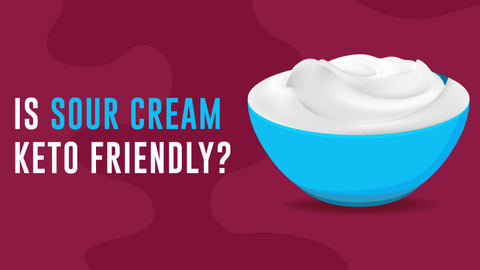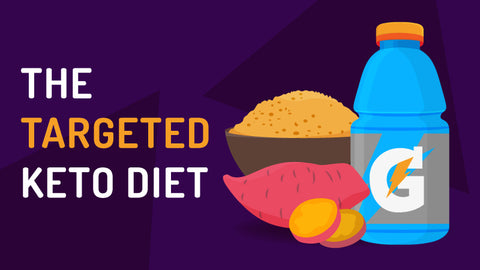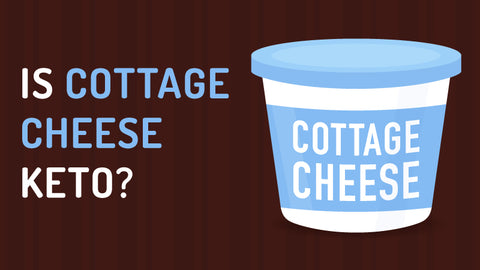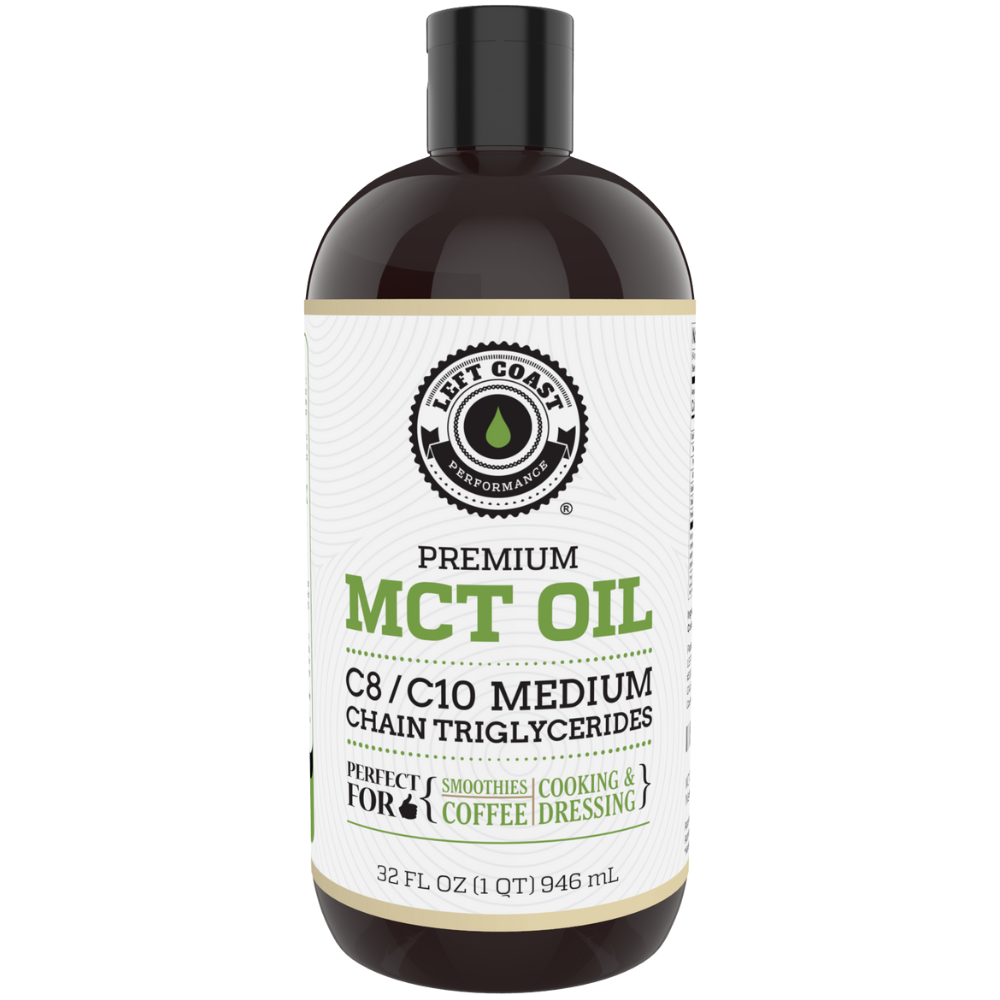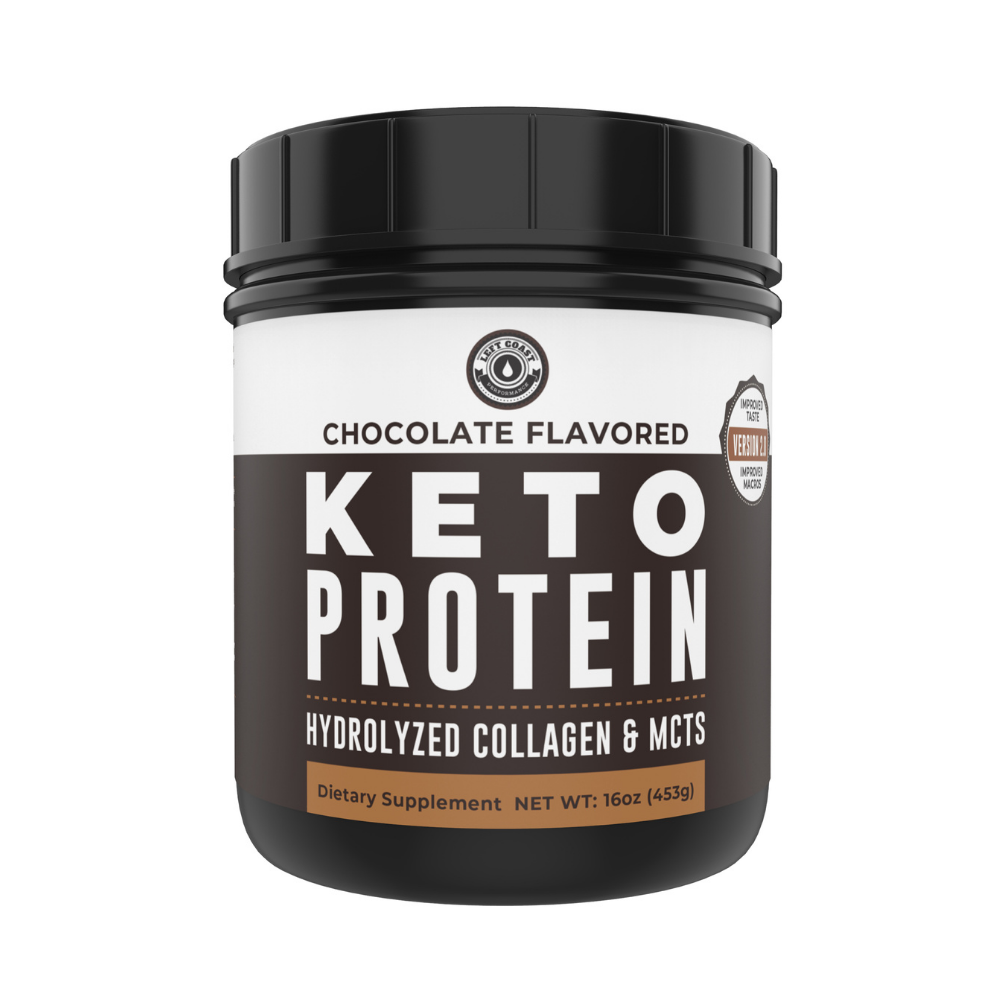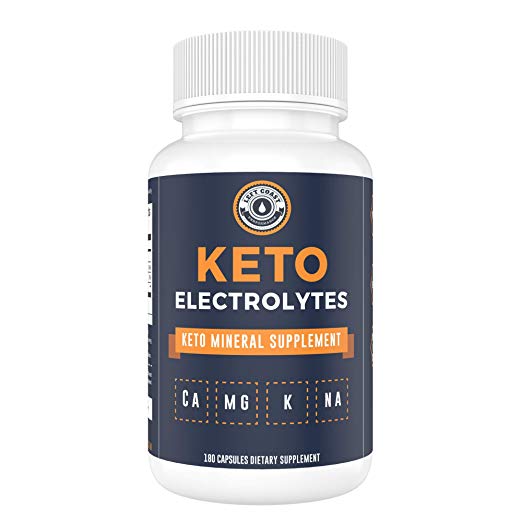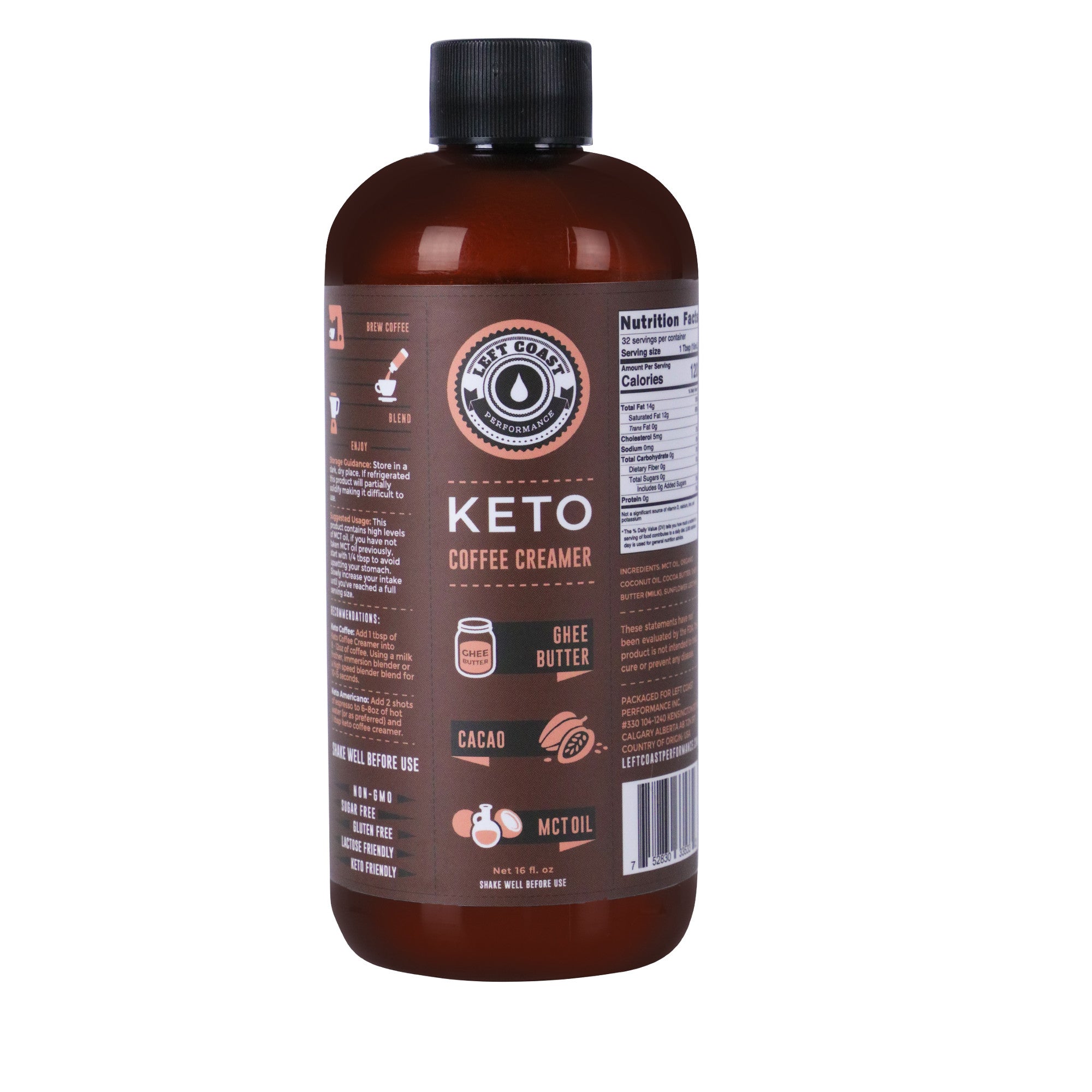Bulletproof Diet vs. Keto

on June 06, 2019
Fad diets these days come in every shape, size, and flavor imaginable, and the Bulletproof diet is no exception. While this trendy nutrition regimen doesn’t promise to protect you from actual gunfire, it does market itself as the ultimate biohack, with claims of longevity, increased mental clarity, and weight loss.
Is the Bulletproof diet too good to be true? And how does it compare to the keto diet? In this article, we’re biting the bullet by comparing the two lifestyles and identifying the pros and cons of each.
What is the Bulletproof Diet?
The Bulletproof diet is a lifestyle diet created by entrepreneur Dave Asprey. The diet is rooted in Asprey’s invention of Bulletproof coffee, which also serves as the cornerstone product of his business entity, Bulletproof 360.
Bulletproof coffee is a drink made from Bulletproof brand coffee beans, which are processed in a special way to remove mold toxins. This coffee is then mixed with grass-fed butter or ghee and MCT oil to produce a creamy latte-like drink that claims to accelerate weight loss and even boost IQ scores.
Asprey developed the recipe for Bulletproof Coffee after traveling to Tibet and observing locals who drank tea mixed with yak butter. From there, he started working on a complete dietary plan that incorporated high amounts of fat, medium amounts of protein, and low carbohydrates. Sound familiar?
According to the Bulletproof website, the difference between the Bulletproof diet and a keto diet is the Bulletproof Diet’s emphasis on vegetables. Essentially, Dave Asprey is peddling a paleo-like cyclical keto diet, which consists of a five to six day period of ketosis, followed by a day where carbs are reintroduced.
Here is a brief overview of the Bulletproof Diet rules:
- Eliminate sugar and gluten
- Treat fruit like candy — limit to 1-2 servings per day
- Replace farm-raised fish and grain-fed proteins with wild fish, grass-fed beef and lamb
- Limit dairy with the exception of grass-fed butter
Benefits
The Bulletproof brand claims that the Bulletproof lifestyle provides many benefits, though the diet received more than a few criticisms from doctors and nutritionists in the past.
When considering the benefits of the Bulletproof Diet, it’s important to look past any branding and dive into what the diet actually consists of: a paleo-like cyclical keto diet with a focus on vegetables — with a few additions like white rice. In this sense, the diet itself has the potential to offer many benefits, due to its emphasis on fresh vegetables and non-processed foods.
Lots of Vegetables
A diet high in vegetables has many health benefits associated with it. Here are a few, as cited by the U.S. Department of Agriculture:
- May reduce heart diseases like heart attacks and stroke
- May reduce the risk of some cancers
- May reduce the risk of type 2 diabetes and obesity
- May lower the risk of kidney stones and high blood pressure
- May increase bone density
Low in Refined Carbs
More and more nutritionists are speaking out against sugar. By reducing the number of refined carbohydrates and sugary foods in your day-to-day life, you can receive several health benefits, including:
- May prevent metabolic syndrome
- May reduce blood pressure
- May reduce the risk for cardiovascular disease
- May help a person lose weight
- May lower the risk for type 2 diabetes
No Calorie Counting
Another benefit of the Bulletproof Diet is that participants don’t have to count calories. Dieters can eat when they feel hungry, and stop when they are satiated.
The easier a diet is to follow, the longer people can stay on that diet. Those following the Bulletproof lifestyle don’t have to put in the extra effort to track exactly what they eat, thus reducing the stress many people associate with counting calories and the shame they feel if they get off-track.
Disadvantages
Too Many Rules
Because the Bulletproof Diet is more or less three different diets smashed together, the resulting regimen has a lot of guidelines, which can be a turn-off for many dieters. On top of low-carb, dieters must also limit fruits and polyunsaturated fats, disavow all dairy with the exception of butter, and even refrain from ever using a microwave.
On top of these rules, there are several exceptions, like grilling, for example. The diet recommends against using the grill to cook food, as it adheres dangerous carcinogens to its surface. However, “lightly grilling” food is OK.
Confusing rules can make any diet harder to follow, and the addition of Bulletproof’s odd exceptions to those rules make this diet incredibly hard to stick to.
Expensive
Because the Bulletproof Diet was developed by an entrepreneur with no nutritional science background, many of the diet's rules incorporate the founder’s own branded products. These products can be expensive, like a 12oz bag of coffee beans that retails for $14.99.
Even if one were to skip the branded products and follow the Bulletproof Diet with things you find at your local grocery store, the price tag may still give you sticker shock. The diet calls for grass-fed butter, grass-fed beef and lamb, and organic coffee, all of which can do a lot of damage to the average wallet.
While these foods are not unhealthy, an unassuming dieter may be in for a shock when they get to the supermarket register.
Potentially Ineffective
Perhaps the largest pitfall of the Bulletproof Diet is the phony science upon which it was built. Many in the scientific community have scolded the Bulletproof Diet’s founder for handpicking low-quality studies in order to give his dietary beliefs more credibility.
Scientists across the board denounce these kinds of studies due to their small numbers of test subjects. Additionally, many of these studies have only been performed on animals and cannot yet be extrapolated to humans due to the complex nature of nutrition science.
What is the Keto Diet?
The ketogenic diet, or keto for short, is a low-carbohydrate diet that emphasizes high levels of fat consumption and moderate levels of protein. First studied in the early 20th century, the ketogenic diet was developed as a means of treating children with epilepsy who were not responding to seizure medications.
Scientists discovered that by severely limiting carbohydrates, the body entered a different metabolic state -- one in which the body used stored fats instead of blood sugar to sustain normal body functions. A side effect of this metabolic state, called ketosis, is weight loss, which began the keto diet’s rise in the world of health and nutrition.
The typical breakdown of the ketogenic diet follows a 70-25-5 rule based on the three macronutrients found in food. On a keto diet, 70% of daily calories should be from fats, 25% from proteins, and 5% from carbohydrates.
Benefits
Efficacy
Unlike most diets out there, the keto diet actually seems to help people lose weight. Multiple studies, including meta-analyses, have proven that the diet is effective for weight loss.
Easy to Measure
The keto diet relies on the process of ketosis to cause weight loss. Because there are a few concrete ways to measure ketones in the blood and urine, it’s easy for followers to know for sure if they are following the diet correctly. This encourages keto dieters to stick to their plan, which creates less attrition over time.
Improved Blood Sugar Control
The ketogenic diet can also help those with diabetes who are struggling to control their blood sugar levels. Because keto-friendly foods don’t spike blood sugar since they’re low in carbs, the diet can help those with diabetes better control their blood sugar.
Fewer Rules
Compared to the Bulletproof Diet, the keto diet has fewer rules. There are no weird exceptions to remember, and you’re allowed to eat whatever you want within the world of keto-friendly foods. Even carbs are OK in small amounts. When it comes to food choices, keto gives a clear definition of which foods are keto-friendly and which are not. This distinction makes it easier to stick to.
Disadvantages
Counting Macros
While the ketogenic diet is simple to understand, it does involve more effort to track your meals. The keto diet relies on certain macronutrient benchmarks, and in order to hit those numbers, it’s important to count the number of carbs, fats, and proteins you’re eating every day. This can be a labor-intensive task and you have to do it every day or risk your body falling out of ketosis.
Discipline Required
The keto diet is not a dietary regimen that allows cheating. If you go over your allotted carbohydrates for the day, your body will revert back to using blood glucose as energy, and you will have to start the process all over.
Major Differences Between Bulletproof Diet vs. Keto
While both the ketogenic diet and the Bulletproof Diet praise fats and limit carbohydrates, the two lifestyles are very different.
For one, the Bulletproof Diet does not rely on the process of ketosis. Certain foods still labeled on the good side of the Bulletproof spectrum would immediately end the process, including things like white rice and sweet potatoes.
Which Diet Should You Try?
We prefer keto.
When it comes to diet selection, it’s important to remember that no one diet works for everyone. While many people may have an easier time trying the keto diet vs. a Bulletproof one, neither one is considered dangerous.
That said, it’s hard to dispute the benefits of the ketogenic diet, especially given the diet’s long history and the substantial body of research behind it -- and the controversial nature of the Bulletproof Diet itself.


